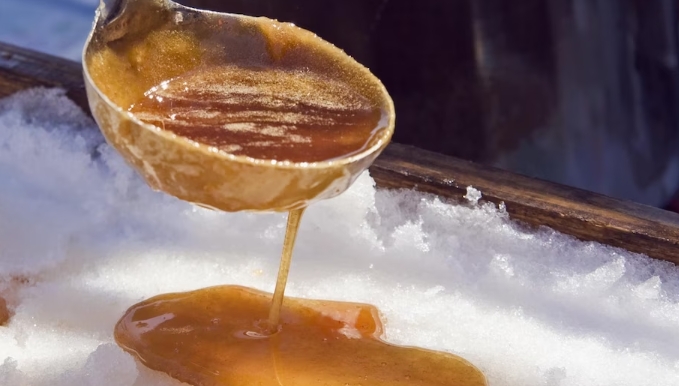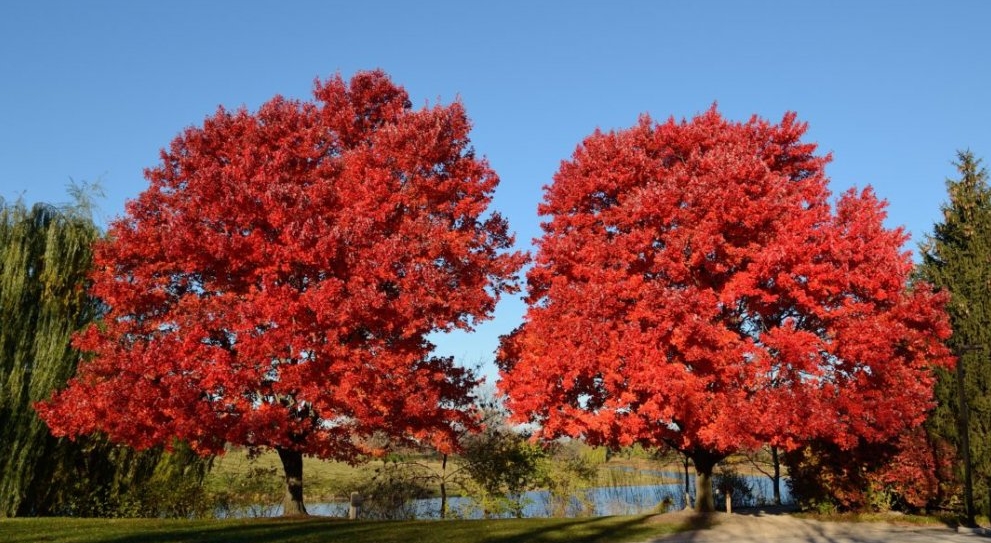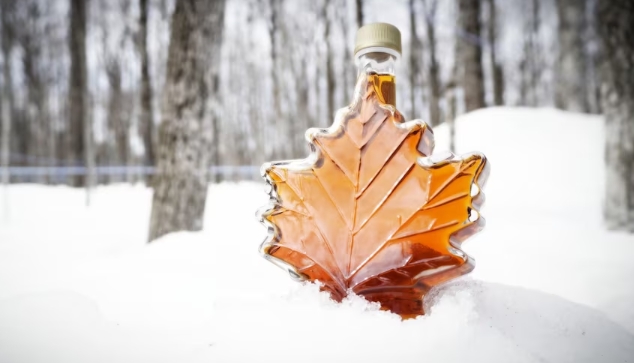The growing maple syrup industry in New Brunswick is calling on the province to impose a moratorium on logging in areas with a high concentration of sugar maple trees.
The request comes as the New Brunswick Maple Syrup Association awaits a response from the province about an expansion plan.
It is claiming 12,000 hectares of more Crown land for syrup production, which is almost double the current allocation.
Louise Poitras, the organization’s executive director, said growers are raising concerns about recent logging activities in areas where there are sugar maple trees, primarily in northern New Brunswick.
“The phone hasn’t stopped ringing. We can’t take it anymore. The only thing we want to do is protect those trees. We therefore call for a moratorium,” — a quote from Louise Poitras, Executive Director of the New Brunswick Maple Syrup Association.
Claimed operating limits
The province has restrictions in place that limit any widespread logging in maple-dominated areas, requiring selective logging.
Under a special policy, large forest companies are required to limit their activities in areas where it is possible to exploit sugar maple trees. However, maple producers claim that these measures do not go far enough and are not always observed.

Loss of hardwood supply
NB Forest, which represents forest products producers, argued that the expansion proposal requested by the maple industry could result in a loss of limited hardwood supply for several large employers.
Chief Executive Kim Allen said the organization has not yet received information about the request for a moratorium.
New Brunswick has approximately three million hectares of Crown forest land, approximately 30% of which is hardwood.
In contrast, maple syrup producers currently have access to approximately 14,000 hectares, or less than 1% of the total Crown land in the province.
Maple producers submitted a growth plan to the province in 2019 and are still awaiting a response. The association says there has been no communication for several months.
Slowed growth?

While waiting for more land, the maple syrup industry is booming, which, according to producers, makes the need for more hectares even more pressing.
New Brunswick has become the third largest maple syrup producer in the world, after Quebec and Vermont, and generates revenues of more than $30 million a year.
The Department of Natural Resources and Energy has not said whether it will consider the proposed moratorium.
Spokesman Nick Brown said the government understands the importance of maple trees on Crown land for maple syrup production and forestry. He said special management areas for future sugar use were identified five years ago and have restrictions in place for any tree harvesting.
“As the government continues its long-term planning for these uses, it is very important that we consider our obligation to consult with First Nations before making decisions on these matters,” Brown wrote in an email.
Crown forest management requires balancing the allocation of maple stands to timber, conservation and sugar users.
Louise Poitras, executive director of the NB Maple Syrup Association, noted that because trees are being cut in the proposed areas, the low concentration of maple trees could make expansion impossible.
“If we don’t protect these trees, we risk having no expansion,” she fears.

